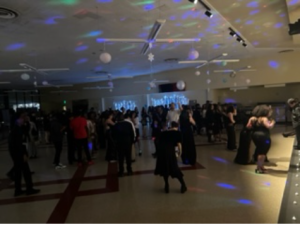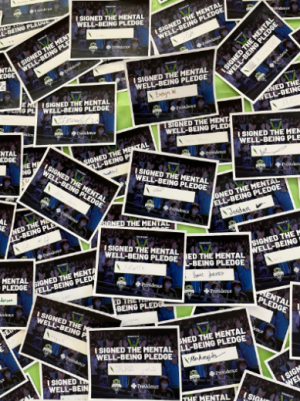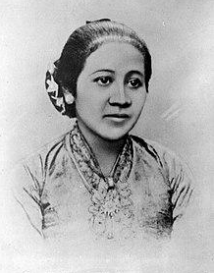How Well Do Standardized Tests Determine Our Knowledge?

December 7, 2019
Standardized tests like the SATs and ACTs have been around for over a century. Here in Washington, high school students are required to take the SATs in the spring of their Junior year. The SATs are compiled of four parts; reading, writing, math without a calculator, and math with a calculator. Most of the questions are multiple-choice, and you bubble in your answer on the answer sheet.
The grade you score is based on how many answers are correct, and that is the grade that is sent to the college administrators along with your application. It’s no doubt that this test is very important to do well on, because if you get a good score it means you’re smart, and if you don’t you’re not. But is that really true? How well do standardized tests really test your knowledge?
Most of the questions in standardized tests are very specific, and probably won’t be required to know outside of the test. Tests like the SATs are made to test certain skills, like knowing how to multiply, understanding the World War or being able to think critically. It’s possible for students to fail tests on these topics and still have the math or historical knowledge needed.
If a math test asked you to multiply 272 x 638 in your head or a history test asked you to recite the exact date and duration of the nine crusades, it doesn’t really matter if you know it or not. Though the SATs questions arent always this extreme, there are most likely going to be some math equations which you’ll never need to solve again. This shows that getting a bad score on the SATs doesn’t mean you’re not smart.
Secondly, standardized tests focus mainly on math, reading, and writing, and not enough on science, social studies, and the arts, so students who excel in those subjects may get a lower score, but that does not mean they’re not smart. In fact, it may mean they’re smarter than most students with an average SAT score, they just didn’t have the opportunity to show off what they know in the test.
Lastly, as most students argue and agreement, the topics we learn in school are pointless and won’t help us much beyond graduation, the same applies to the standardized tests. Most of the time, the night before a standardized test, the students study until late, just barely remembering the knowledge during the test the next day, and as soon as it’s over, their mind is cleared of the knowledge they packed in it.
Sometimes, students even forget everything they learned and fill in B for every answer. Students won’t retain the things they learn in school for the rest of their lives, I don’t even remember what I learned in history yesterday. Not to mention that during the test, some people get so nervous they forget everything until it’s they get to the next section of the test.
Standardized tests, like the SATs, don’t determine what the students know very well. They don’t focus on useful questions that we would actually need to know, and they don’t test us on all of the subjects, which we might be better at. Maybe instead of asking “which quote supports your answer to the last question best”, sections should be shorter, science and social studies should be included, and there should be fewer word problems in math that we would never need to solve in real life.














